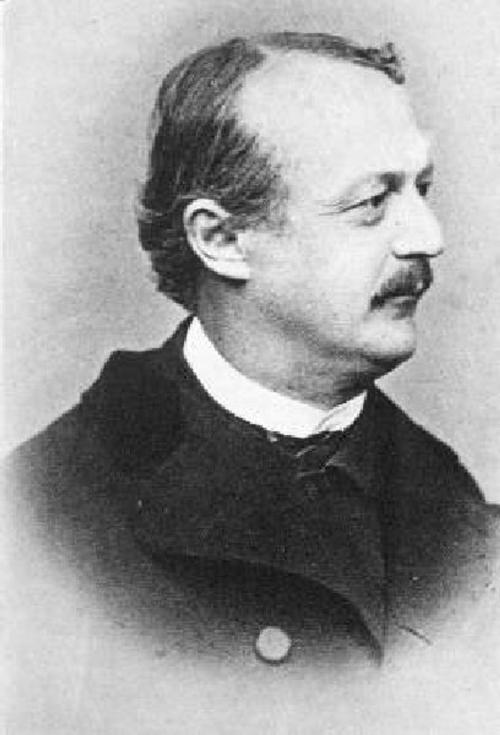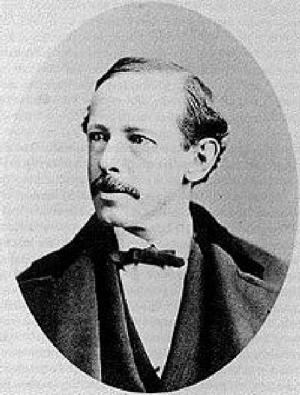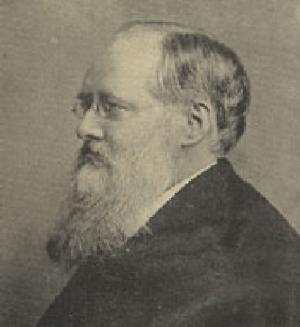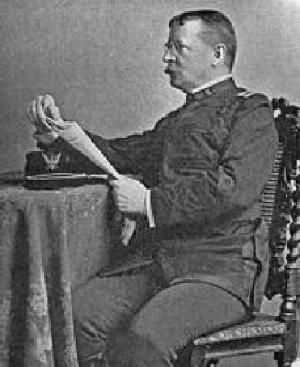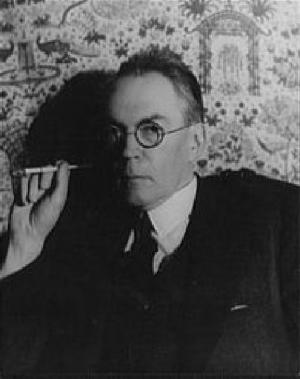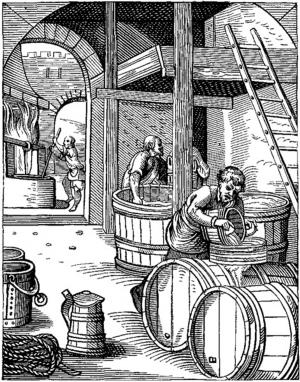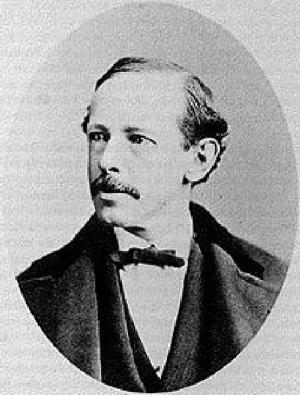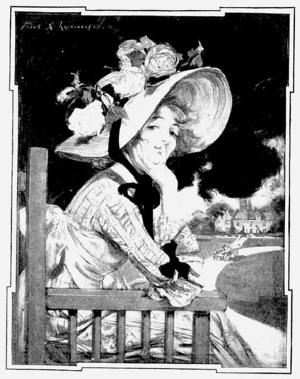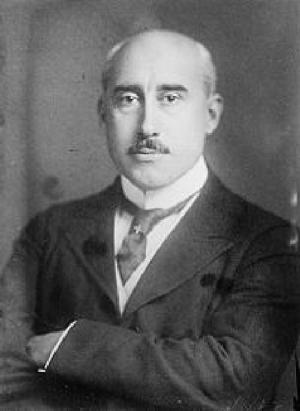| Author: | Conrad Ferdinand Meyer | ISBN: | 9781455312221 |
| Publisher: | B&R Samizdat Express | Publication: | December 15, 2009 |
| Imprint: | Language: | English |
| Author: | Conrad Ferdinand Meyer |
| ISBN: | 9781455312221 |
| Publisher: | B&R Samizdat Express |
| Publication: | December 15, 2009 |
| Imprint: | |
| Language: | English |
According to Wikipedia: "Conrad Ferdinand Meyer (October 11, 1825 November 28, 1898) was a poet and, as he was born in Zürich, Switzerland, a fellow-townsman of Gottfried Keller. Meyer is a master of the novella, but in all other respects there is a most striking difference. Keller was a sturdy commoner and always retained a certain affinity with the soil; there is a wholesome vigor about him. Meyer, on the other hand, was of patrician descent. His father, who died early, was a statesman and historian, while his mother was a highly gifted woman of fine culture. Thus the boy grew up in an atmosphere of refinement. Having finished the gymnasium, he took up the study of law, but history and the humanities were of greater interest to him. Throughout his childhood two traits were observed that later characterized the man and the poet: he had a most scrupulous regard for neatness and cleanliness, and he lived and experienced more deeply in memory than in the immediate present. He suffered from bouts of mental illness, sometimes requiring hospitalization; his mother, similarly but more severely afflicted, took her own life. Meyer found himself only late in life; for many years also, being practically bilingual, he wavered between French and German. The Franco-Prussian War brought the final decision, and from now on his works appeared in rapid succession. He died in his home in Kilchberg above Zürich, November 28, 1898."
According to Wikipedia: "Conrad Ferdinand Meyer (October 11, 1825 November 28, 1898) was a poet and, as he was born in Zürich, Switzerland, a fellow-townsman of Gottfried Keller. Meyer is a master of the novella, but in all other respects there is a most striking difference. Keller was a sturdy commoner and always retained a certain affinity with the soil; there is a wholesome vigor about him. Meyer, on the other hand, was of patrician descent. His father, who died early, was a statesman and historian, while his mother was a highly gifted woman of fine culture. Thus the boy grew up in an atmosphere of refinement. Having finished the gymnasium, he took up the study of law, but history and the humanities were of greater interest to him. Throughout his childhood two traits were observed that later characterized the man and the poet: he had a most scrupulous regard for neatness and cleanliness, and he lived and experienced more deeply in memory than in the immediate present. He suffered from bouts of mental illness, sometimes requiring hospitalization; his mother, similarly but more severely afflicted, took her own life. Meyer found himself only late in life; for many years also, being practically bilingual, he wavered between French and German. The Franco-Prussian War brought the final decision, and from now on his works appeared in rapid succession. He died in his home in Kilchberg above Zürich, November 28, 1898."
